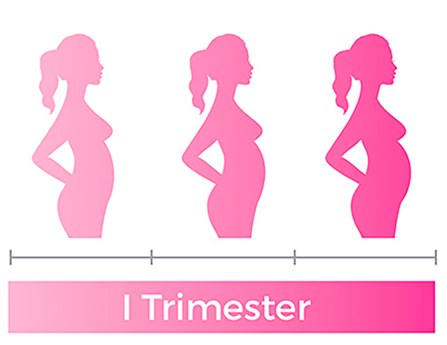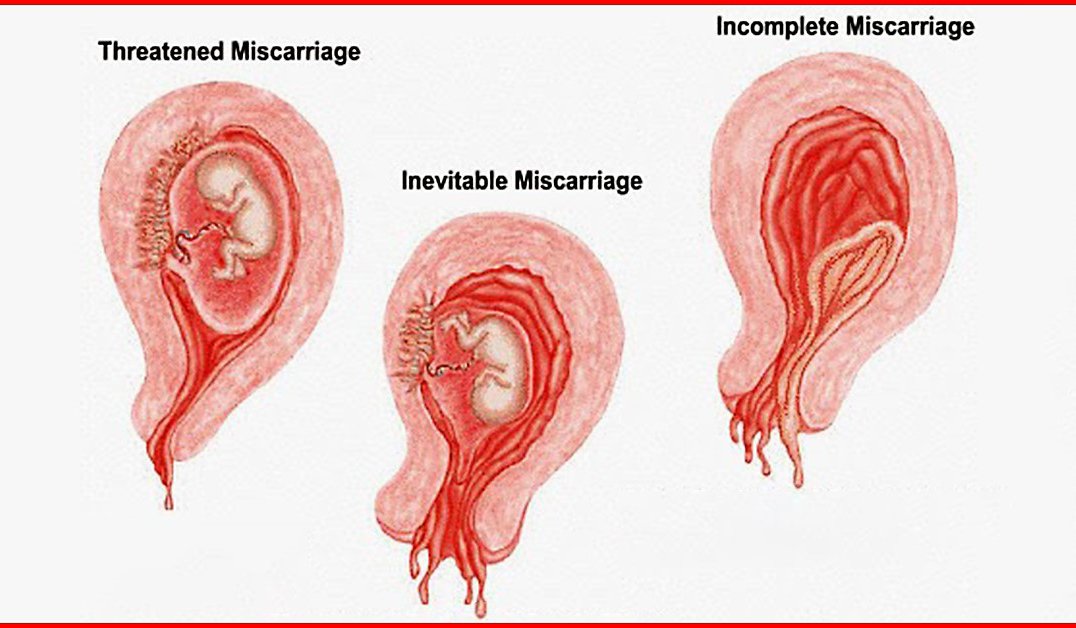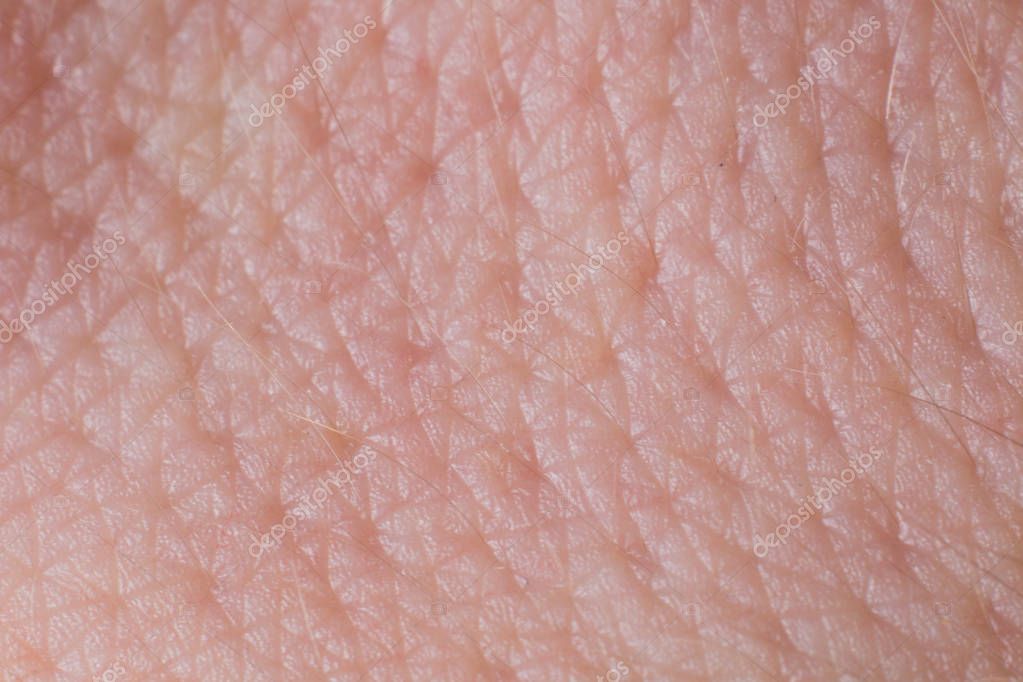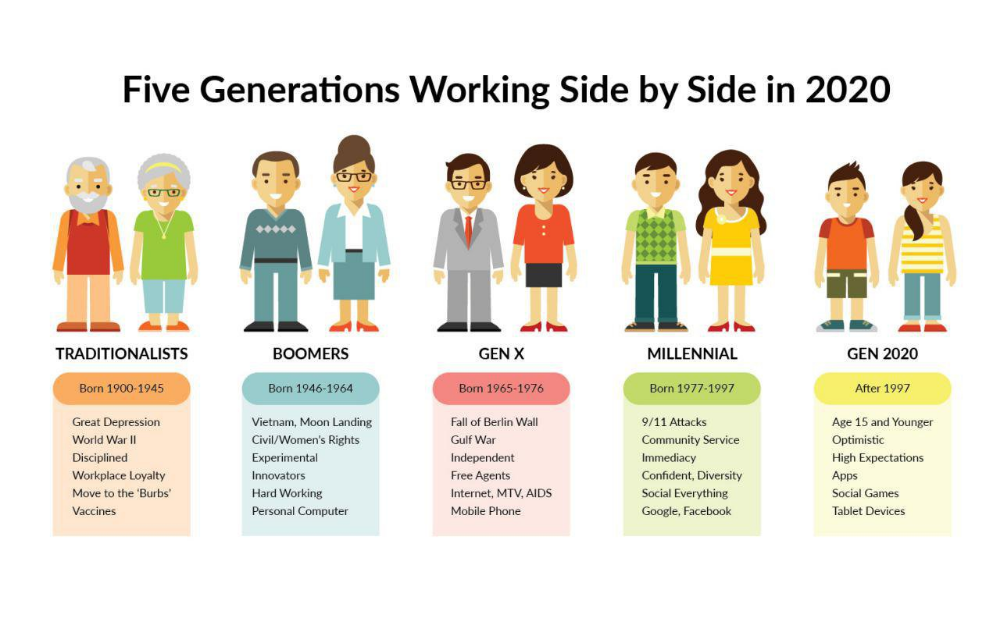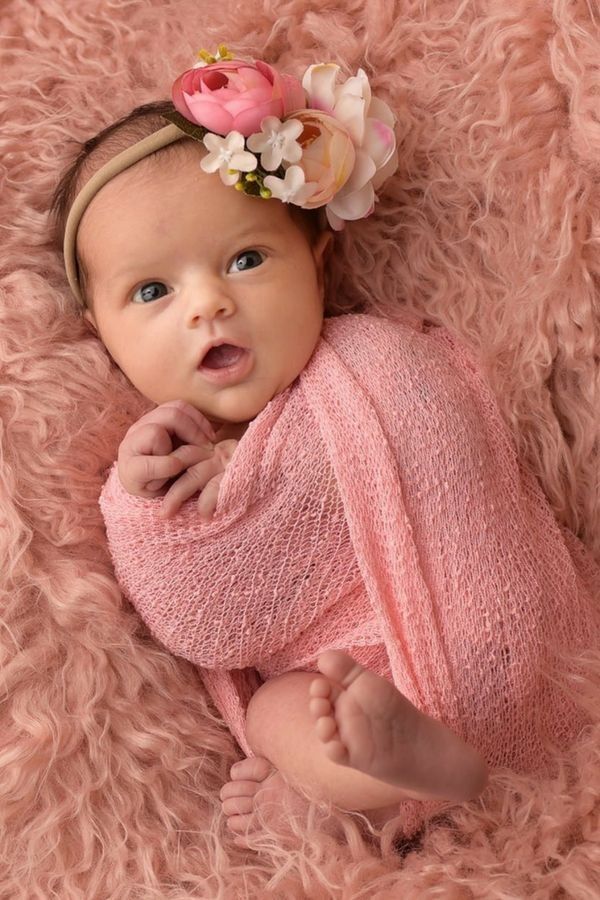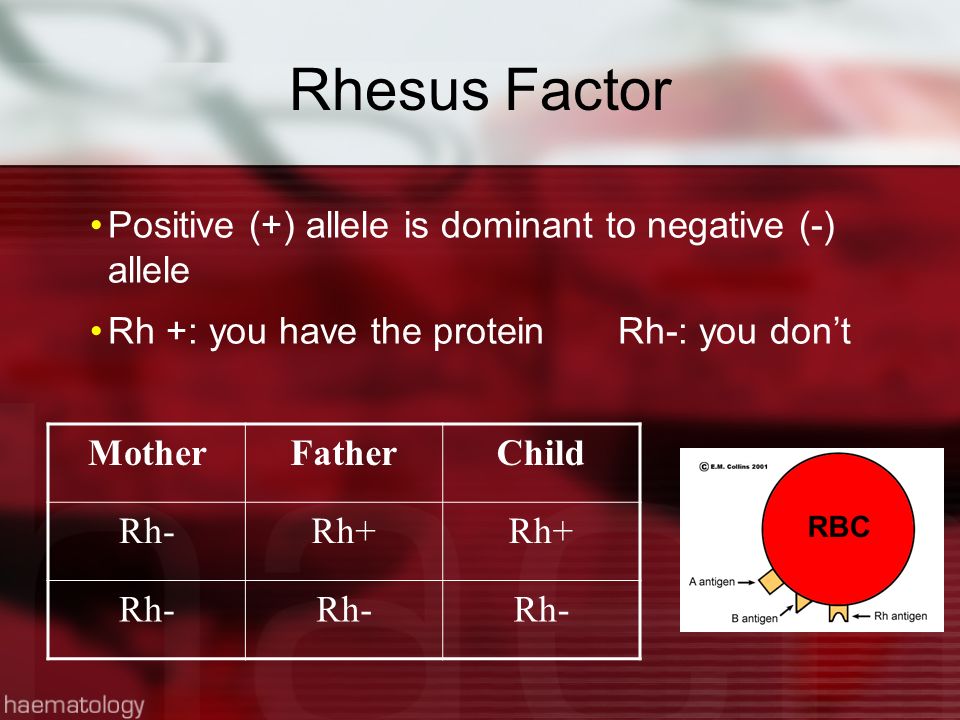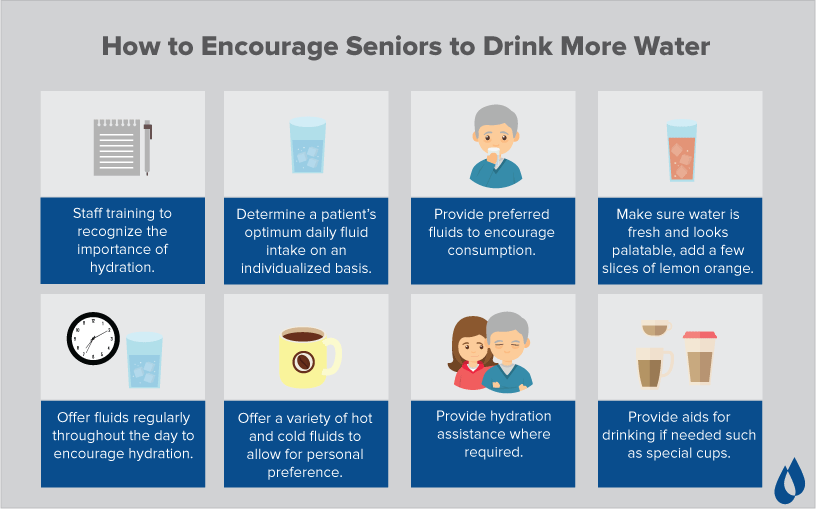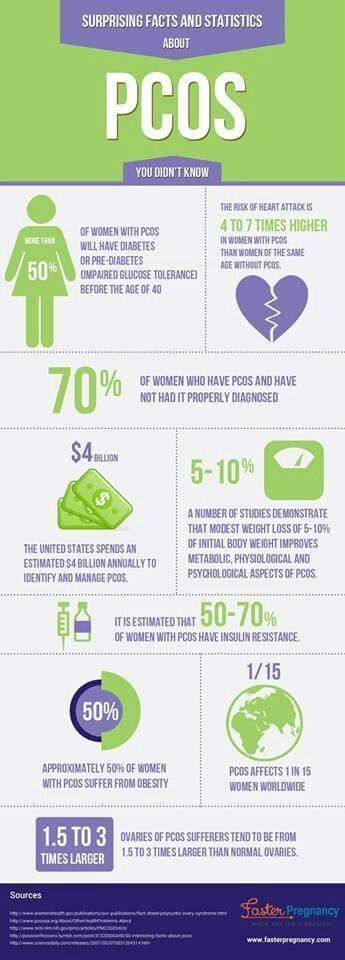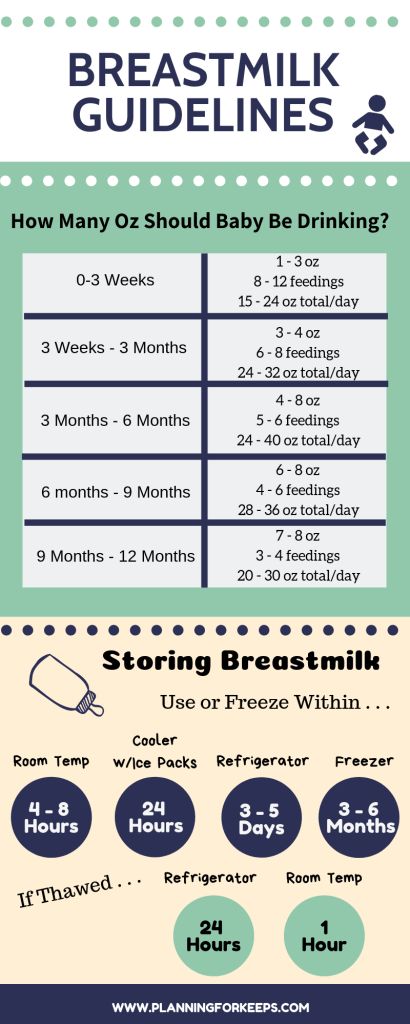Wine in the first trimester
Drinking a little alcohol early in pregnancy may be okay
The usual message to pregnant women: Don't drink any alcohol. Clearly alcohol use can cause major problems for the pregnant woman and her baby.
While not drinking any alcohol during pregnancy is the safest choice, small amounts of alcohol early in pregnancy may be less risky to the mother’s health and the health of their babies than previously believed. Minimal alcohol use during the first trimester doesn’t appear to increase the risk for high blood pressure complications, or premature birth or low birth weights. That’s the findings of a study previously published in the journal Obstetrics and Gynecology.
Dr. Fergus McCarthy and colleagues from Ireland, England, New Zealand, and Australia compared birth outcomes among 5,628 women who were pregnant for the first time between 2004 and 2011. More than half of them reported drinking alcohol during the first three months of pregnancy. Some (19%) reported occasionally drinking alcohol. Twenty-five percent reported low alcohol consumption, or three to seven drinks per week ("a drink" defined as a glass of wine or a little less than a 12-ounce bottle of beer). Another 15% reported having more than seven drinks per week.
Rates of premature birth, babies with low birth weight or small size, and pre-eclampsia—a potentially life-threatening condition in which a pregnant woman develops high blood pressure—were similar across the alcohol consumption categories
The potential hazard of alcohol during pregnancy
For the past few decades, women have been urged to avoid alcohol during pregnancy. Respected medical societies like the American College of Obstetricians and Gynecologists and the United Kingdom's Royal College of Obstetricians and Gynaecologists Women both say women shouldn't drink any alcohol during pregnancy. The main reason for this is that heavy use of alcohol during pregnancy has been linked to a long-term and irreversible condition known as fetal alcohol syndrome (FAS).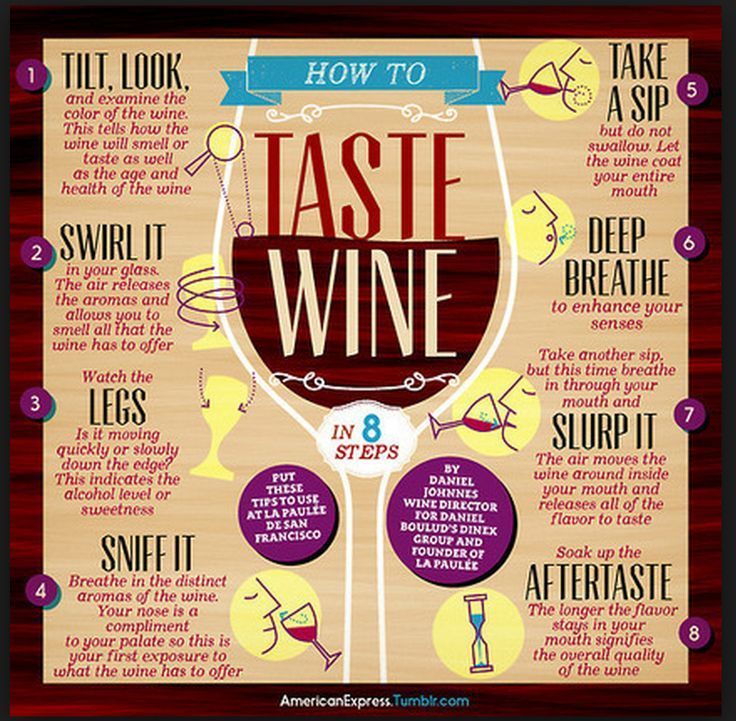
Babies with FAS may be born early. They are often underweight and don't grow well. Some have characteristic facial features like a thin upper lip and small eye openings, or the small vertical groove between the upper lip and the nose may be flattened. Other physical signs that go along with fetal alcohol syndrome include a small head, short nose, and problems with the way the heart or the joints are formed.
Children with FAS are slower to learn language skills than other kids. When they reach school age they often have learning disabilities and difficulty with attention, memory and hyperactivity. They are more likely to have poor coordination and a hard time with problem-solving. And some have trouble making friends and relating to other kids. All of which can make school a really difficult time.
Despite this clear advice, up to half of women drink some alcohol during pregnancy.
Putting it into practice
How clear is the medical evidence supporting strict abstinence from alcohol during pregnancy? Not very strong.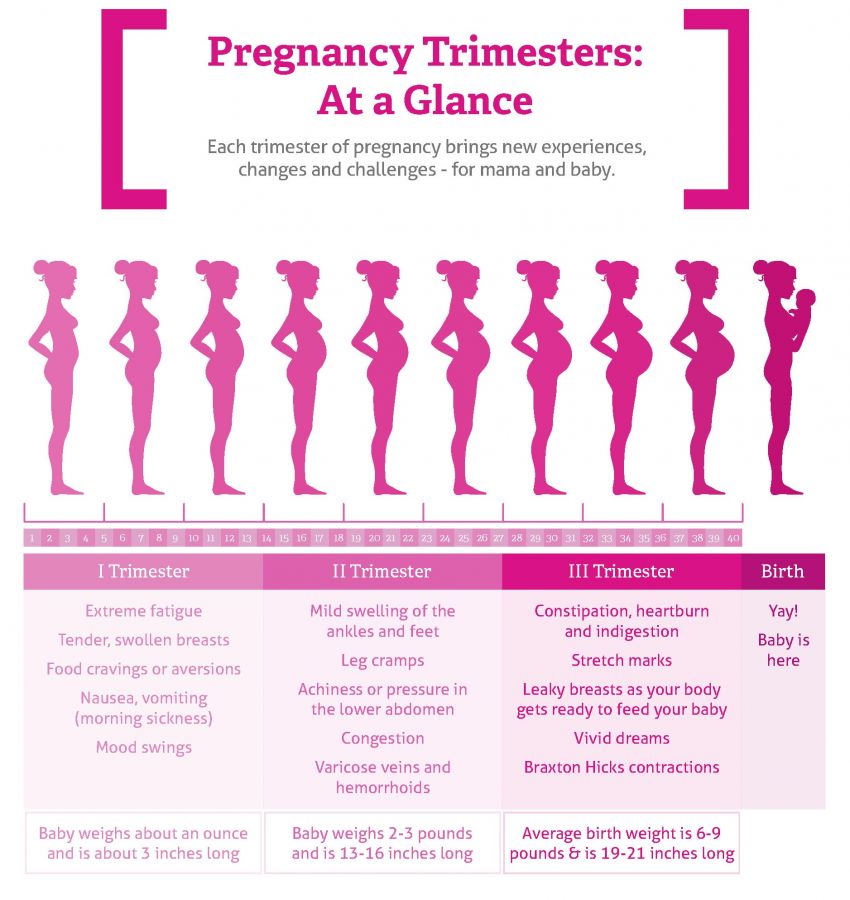 Other studies suggest pregnant women who have an occasional drink don't harm themselves or their baby. A 2012 Danish study, for example, found that low to moderate alcohol consumption during pregnancy did not affect executive functioning among 5-year-olds. Executive functioning is a catchall term that describes the ability to perform activities such as planning, organizing, strategizing, remembering details, and managing time.
Other studies suggest pregnant women who have an occasional drink don't harm themselves or their baby. A 2012 Danish study, for example, found that low to moderate alcohol consumption during pregnancy did not affect executive functioning among 5-year-olds. Executive functioning is a catchall term that describes the ability to perform activities such as planning, organizing, strategizing, remembering details, and managing time.
However, since it's not clear how much alcohol it takes to cause problems, the best advice remains the same: women should avoid alcohol if they are pregnant or might become pregnant.
For the many women that drank some alcohol before they realized they were pregnant, this and other studies should reassure them. They almost surely did no harm to their unborn children.
Image: The Good Brigade/Getty Images
Drinking while pregnant: What we know and what we don’t | Your Pregnancy Matters
Will an occasional drink during pregnancy harm a baby? While we’ve long known that heavy alcohol consumption during pregnancy can cause these problems, the effects of an occasional glass of wine is less understood.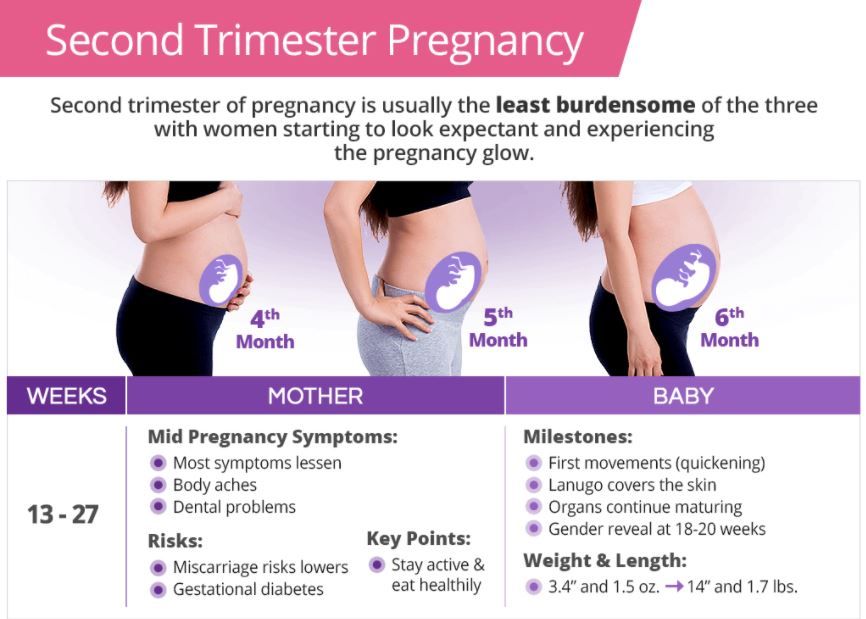
“It’s our anniversary Saturday. Would it be OK to have a glass of wine?” “Can I have an occasional beer with dinner?” “I just found out I’m pregnant – but I had a couple drinks last weekend. Is my baby going to be OK?”
Pregnant women often have questions like these. Unfortunately, the advice they get can be confusing. Almost all national health organizations recommend complete abstinence when it comes to drinking during pregnancy, while some obstetricians – including myself – say it’s OK to have a drink now and then.
Still, we can’t ignore the potentially devastating effects of fetal alcohol spectrum disorders (FASDs): low birthweight, developmental delays, behavioral problems, and health problems such as seizures and visual or hearing impairment. Statistics show that as many as 2-5% of children born in Texas may have an FASD, and a 2017 study suggests that number is most likely underreported.
While we’ve long known that heavy alcohol consumption during pregnancy can cause these problems, the effects of an occasional glass of wine is less understood. Because we’re just not sure, there has been a push for women to refrain from consuming any alcohol while trying to get pregnant and during pregnancy.
Because we’re just not sure, there has been a push for women to refrain from consuming any alcohol while trying to get pregnant and during pregnancy.
Pregnancy, drinking, and the COVID-19 pandemic
During the pandemic, people in the U.S. purchased markedly higher amounts of alcohol. A report out of Columbia University found that Americans bought nearly $42 billion worth of alcohol from March to September 2020 – an increase of 20% compared to the same seven months in 2019.
The CDC reports that there was no change in the number of pregnant patients who report drinking from 2019 (pre-pandemic) to 2020 (the first year of pandemic). In both years, approximately 14-15% of pregnant women reported consuming alcohol and 6% reported binge drinking.
A report from Canada describes similar results, but a smaller percentage (6.7%) of women consuming alcohol in pregnancy. However, they also observed an increased rate of cannabis and tobacco use, as well as increased depressive symptoms and financial difficulties in patients who consumed cannabis or tobacco during pregnancy.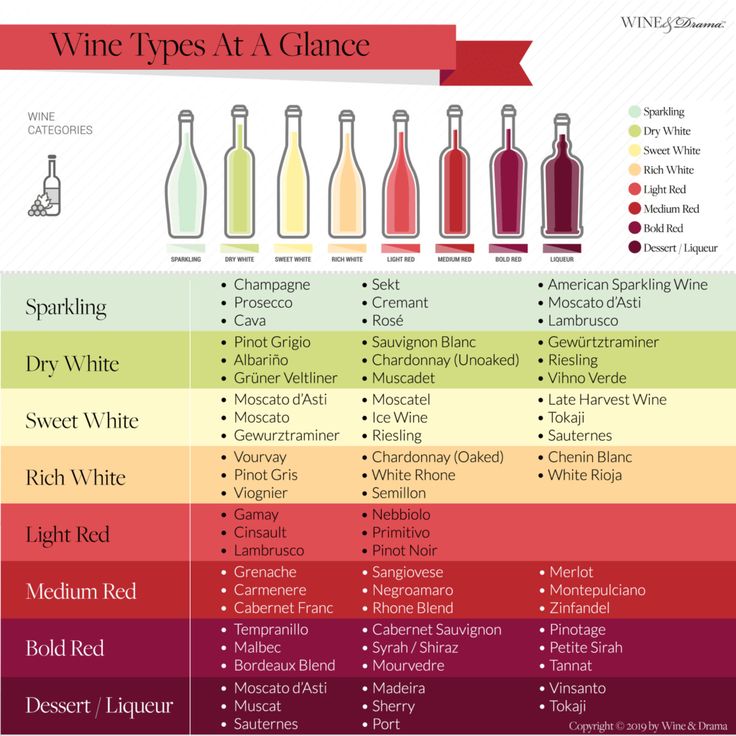
While it is good to know that women did not use alcohol to deal with the stress of pandemic, the number of people consuming alcohol during pregnancy is concerning. And, with the national uptick in drinking, patients may have more questions about alcohol use and overuse before, during, and after pregnancy.
What studies say about drinking while pregnant
The research is conclusive: Binge drinking and heavy consumption of alcohol in pregnancy pose a definite risk to the developing fetus. The CDC defines binge drinking as four drinks or more in two hours for women (five drinks or more for men). However, we just don’t have the same level of conclusive information when talking about low-level alcohol consumption.
Broader studies are needed to investigate the effects of low and moderate alcohol consumption during pregnancy.For example, a 2012 Danish study examined the effects on 5-year-olds whose mothers drank alcohol during pregnancy, categorized as follows:
- Low consumption: One to four drinks a week
- Moderate consumption: Five to eight drinks a week
- High consumption: Nine or more a week
- Binge drinking: Five or more drinks during a single occasion
Researchers who knew nothing about the maternal consumption of alcohol during the pregnancy examined the 5-year-old children of those pregnancies.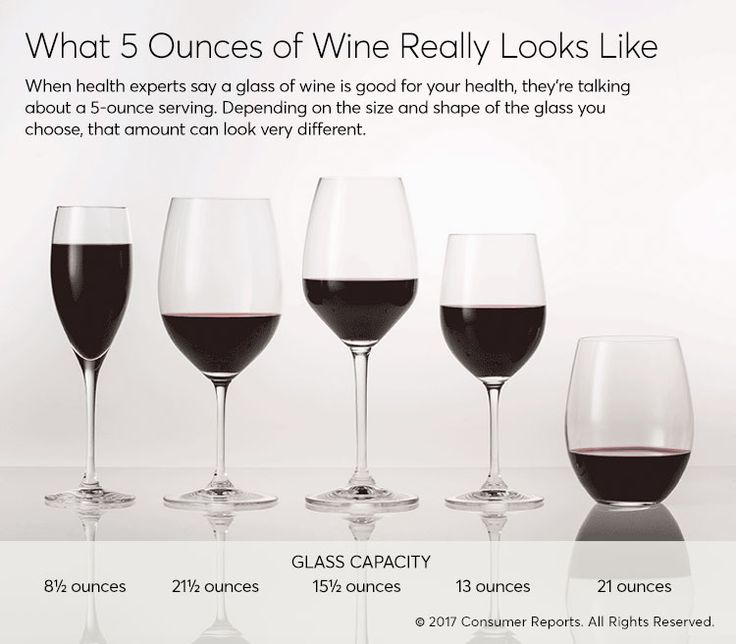 They performed tests on IQ, attention span, and executive functions such as planning, organization, and self-control. They were unable to tell any difference between children whose mothers drank low to moderate amounts of alcohol and those who abstained completely during pregnancy.
They performed tests on IQ, attention span, and executive functions such as planning, organization, and self-control. They were unable to tell any difference between children whose mothers drank low to moderate amounts of alcohol and those who abstained completely during pregnancy.
While this would seem to suggest that low-level alcohol consumption is safe during pregnancy, there are other factors to consider. First, while the study included 1,600 women, that’s still a relatively small sample size. Second, children’s brains are still developing at age 5, and the full effects that alcohol may have had on them may not yet be measurable.
The authors of the study concluded that more large-scale studies are needed to investigate the effects of low and moderate alcohol consumption during pregnancy – and that for now it’s best for pregnant women to avoid alcohol.
National health organizations advise abstaining from alcohol
There have been a number of publicized statements on alcohol use and pregnancy in the past year.
In November 2015, the American Academy of Pediatrics (AAP) published a report that focused on recognizing, diagnosing, and treating FASD. The AAP reaffirmed their recommendation that no amount of alcohol should be consumed during any trimester of pregnancy with a video series in 2019.
This follows the advice of most health organizations focused on pregnancy, such as the American College of Obstetricians and Gynecologists.
The CDC caused controversy in February 2016 when it published a report intended to raise awareness of the risk of FASD due to drinking before a woman realizes she is pregnant. The report recommended that women who are sexually active and want to get pregnant should avoid alcohol, and women who are sexually active and don’t want to get pregnant should use an effective birth control method. The report noted that half of pregnancies are unplanned, and even for women trying to conceive, most won’t know they’re pregnant until four to six weeks into the pregnancy.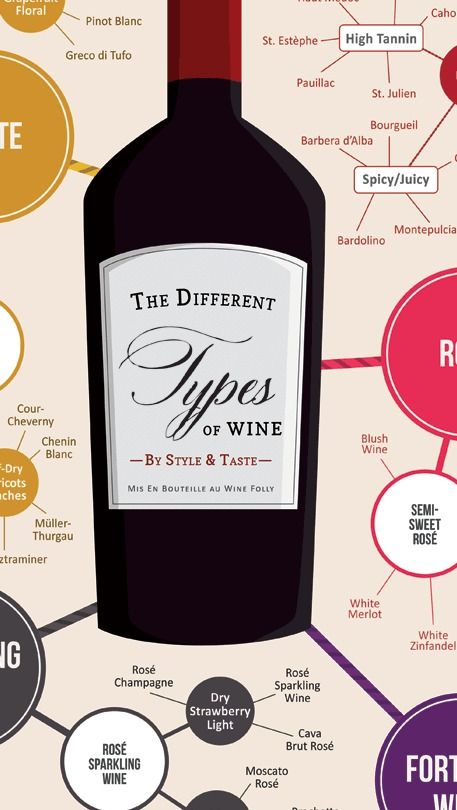
In a press release announcing the report, a CDC official was quoted as saying: “It is critical for healthcare providers to assess a woman’s drinking habits during routine medical visits; advise her not to drink at all if she is pregnant, trying to get pregnant or sexually active and not using birth control; and recommend services if she needs help to stop drinking.”
In January 2022, the CDC released a Frequently Asked Questions article about alcohol use and pregnancy, reaffirming that, “The best advice is to avoid any alcohol use when you start trying to get pregnant.”
Managing risks while preserving rights
Some pregnant women tell me they feel judged when they have a drink. I am not sure how we got to the point that in May 2016, New York City had to clarify guidelines prohibiting bars and restaurants from refusing to serve alcohol to pregnant women. The guidelines – which also apply to selling and serving foods such as soft cheeses and raw fish – are intended to discourage discrimination against pregnant women.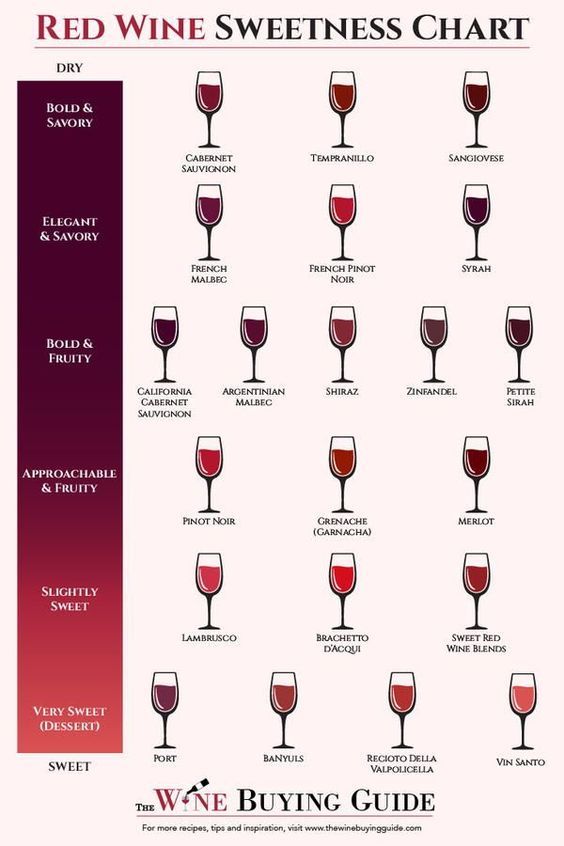
I understand the messages can seem mixed. For example, venues in New York City that serve alcohol are required by law to post a sign warning of the dangers that alcohol can pose to a developing fetus, but employees of that bar or restaurant must serve pregnant women alcohol if they order it.
Obviously, this is a complex issue. The debate that the New York City guidelines renewed over the risks of drinking while pregnant and preserving a woman’s right to make her own decisions followed the backlash a few months before to the CDC recommendation that women avoid drinking unless they were using birth control. Some women felt that the CDC was being condescending and interfering in their right to make decisions about how they live their lives.
Having a drink during pregnancy is a personal decision
We know drinking heavily during pregnancy is not safe for the baby. We are less sure about the risks of low to moderate drinking, and until we have better information, it’s understandable that health organizations and providers would advise complete abstinence from alcohol.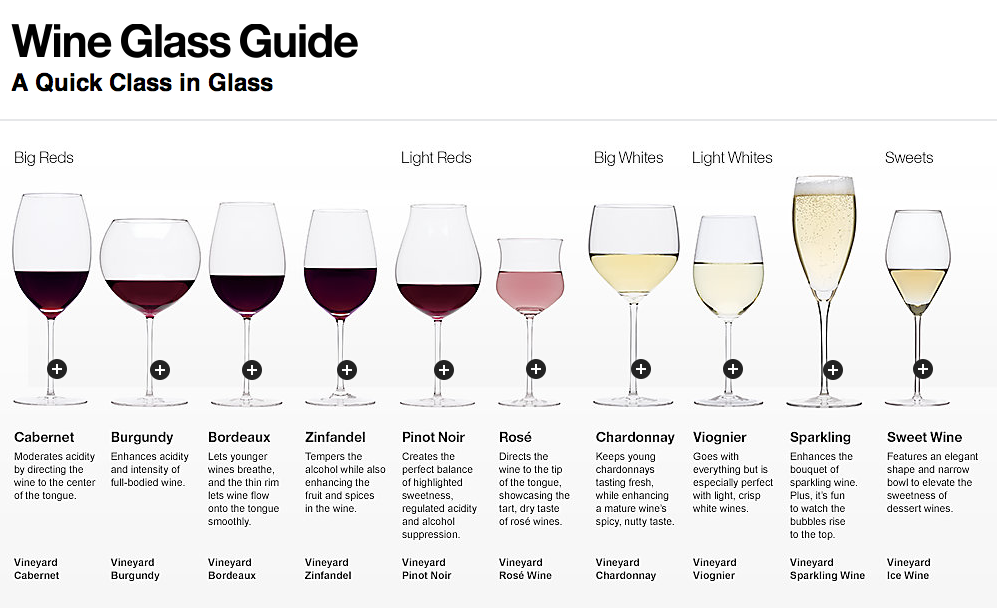
Women make decisions about risks and outcomes for our health and the health of our children all the time. We decide what contraception to use based on our acceptance of the risk of an unintended pregnancy. We weigh risks and benefits of using anti-nausea medications or other drugs during pregnancy.
Healthcare providers must educate women about what we know regarding alcohol consumption during pregnancy. Women must be allowed to make their own decisions based on the amount of risk they are willing to accept. Many will say, “If there is any risk, I will follow the guidelines and not drink at all.” Others may examine the risks and choose to have an occasional drink.
The trouble with guidelines that recommend total abstinence is they don’t involve nuance. There are certainly women who truly have a problem with alcohol and whose drinking puts their babies at risk. We need to identify those women early and get them help. For women who do not have an unhealthy relationship with alcohol and who want to have a drink on a special occasion, they shouldn’t fear being judged or have others make that decision for them.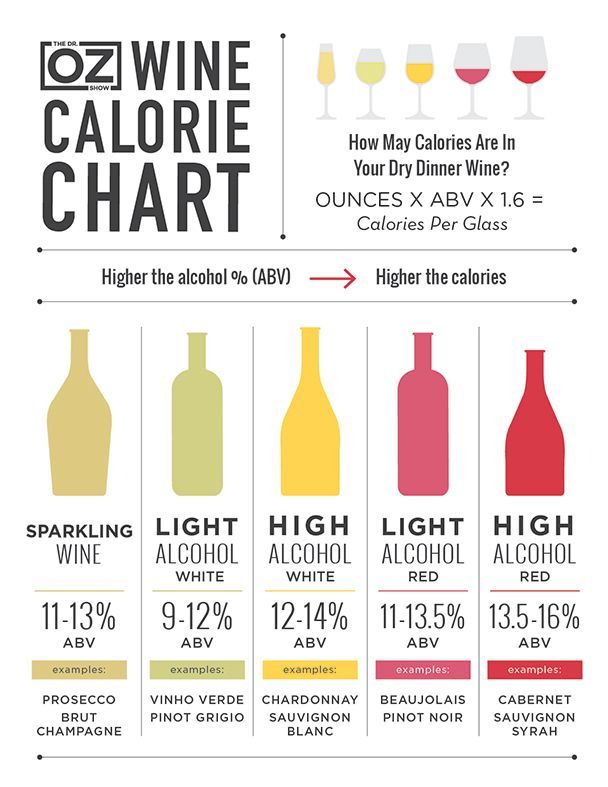 However, pregnant patients who choose to drink should understand that any alcohol consumption – not just binge drinking – increases specific risks during pregnancy.
However, pregnant patients who choose to drink should understand that any alcohol consumption – not just binge drinking – increases specific risks during pregnancy.
Proven risks of any alcohol consumption in pregnancy
Two studies from 2021 support the idea that alcohol consumption during pregnancy isn’t a good idea – both for the overall outcome of the pregnancy and for fetal neurodevelopment.
Increased risk of miscarriage is associated with any alcohol use in the first trimester. A study published in January 2021, which recruited patients prior to becoming pregnant and patients up to 7 weeks of pregnancy, showed an 8% increased risk of pregnancy loss each week between 5 and 10 weeks of gestation in patients who consumed alcohol compared to those who abstained.
To reduce the risk of miscarriage, women who are trying to conceive should consider avoiding alcohol. For those unwilling to do that or those with an unplanned pregnancy, stopping drinking as soon as a pregnancy test is positive may improve the likelihood of successful outcomes.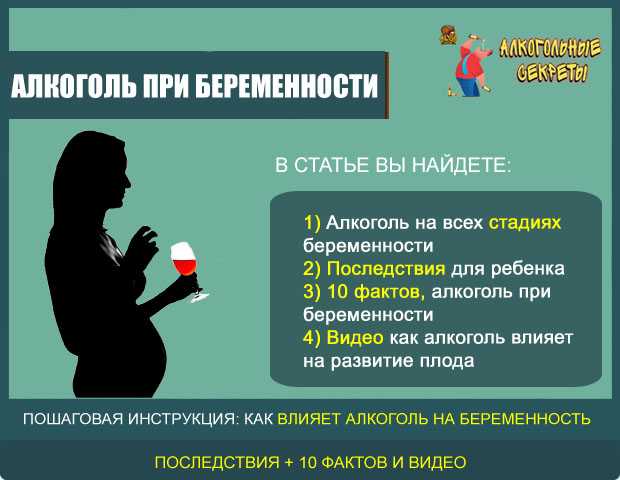
Stillbirth and fetal growth restriction also are associated with prenatal alcohol exposure. Results from a December 2021 study suggest that alcohol consumption in pregnancy leads to smaller placentas with abnormal blood vessels and abnormal function on the molecular level.
What if I drank before I realized I was pregnant?
Women frequently come to us worried because they had a few drinks before they noticed a missed period. I assure them there is little evidence to suggest that they harmed their pregnancy.
And I emphasize that stopping now that they’ve found out they’re pregnant can still improve pregnancy and fetal outcomes.
I also use this opportunity to discuss how much they normally drink and to educate them about the risks of drinking during pregnancy. If they don’t want to stop drinking entirely, we discuss what might be a reasonable limit. I tell patients I think one to two drinks a week is unlikely to be harmful – but that I can’t guarantee that there are no possible risks.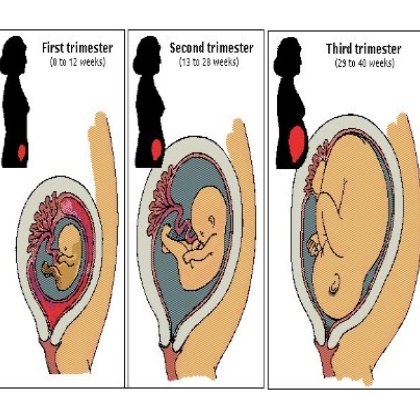 Most of the time, patients just want to know it’s OK to have a glass of wine to celebrate a special occasion.
Most of the time, patients just want to know it’s OK to have a glass of wine to celebrate a special occasion.
If you have a problem with alcohol, don’t be ashamed to ask for help. Addiction is a disease, and most people can’t manage it on their own. Your doctor can refer you to a therapist or program that may be able to help. We are here to help you, and we will not judge you. The sooner you get help, the better life will be for you and your baby.
To visit with a doctor, request an appointment online or call 214-645-8300.
Is it possible to drink wine during pregnancy
2 birch 2020
A very important period can come in the life of most women. This is the time when you should especially carefully monitor your health, nutrition and lifestyle. Each factor can affect the well-being and, as a result, the health of the fetus. In this article we will consider the question of whether wine is possible during pregnancy.
A sudden change in rules and needs is usually not easy. Psychologically, it is easier to adapt to new conditions with the help of your favorite food, drinks, and entertainment. However, this may not be available or desirable if you are in an interesting position. nine0003
Psychologically, it is easier to adapt to new conditions with the help of your favorite food, drinks, and entertainment. However, this may not be available or desirable if you are in an interesting position. nine0003
If you're reading this article, then you probably like to relax with a glass of wine. With or without food, it doesn't matter. Friends, relatives, people on social networks can express their opinion about how wine affects pregnancy. For example, a friend may say that she sometimes drank a glass of wine and everything was fine. Remember that the decision about your health is always up to you!
Is it safe to drink wine during pregnancy?
There is a wide range of opinions on this matter. From a radical rejection with horror stories about fetal alcohol syndrome and to “slowing down” on this issue. The truth, as usual, is somewhere in between. What do the doctor's say? Respected American organizations (the American Academy of Pediatrics AAP and others) recommend abstaining from alcohol during pregnancy in principle.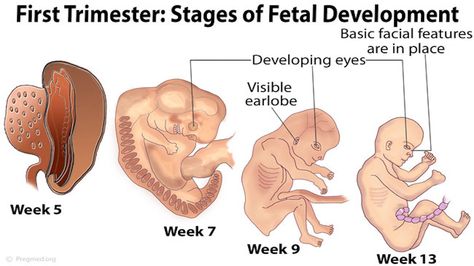 Including refuse a glass of wine. There is no clear argument for this advice because each pregnancy is unique and the safe limit for drinking alcohol can vary. That is why some obstetricians may say that a glass of wine is unlikely to harm a child due to a small dose of alcohol. There are no reliable studies confirming the absence of an effect of light alcohol consumption on the health of a child. No one can say for sure what will happen if you drink wine during pregnancy. In general, all experts agree that it is best to avoid alcohol whenever possible to avoid any risk. nine0003
Including refuse a glass of wine. There is no clear argument for this advice because each pregnancy is unique and the safe limit for drinking alcohol can vary. That is why some obstetricians may say that a glass of wine is unlikely to harm a child due to a small dose of alcohol. There are no reliable studies confirming the absence of an effect of light alcohol consumption on the health of a child. No one can say for sure what will happen if you drink wine during pregnancy. In general, all experts agree that it is best to avoid alcohol whenever possible to avoid any risk. nine0003
It is quite another matter if a woman has a habit of drinking heavily. In this case, it is very important to talk to your doctor to ensure a healthy pregnancy. The risk of fetal alcohol syndrome is especially high in the first trimester (up to 11 weeks). The problem is that alcohol is very quickly absorbed into the human blood. Accordingly, in the placenta. Exposure to the fetal brain occurs throughout pregnancy, which can cause CNS and growth problems.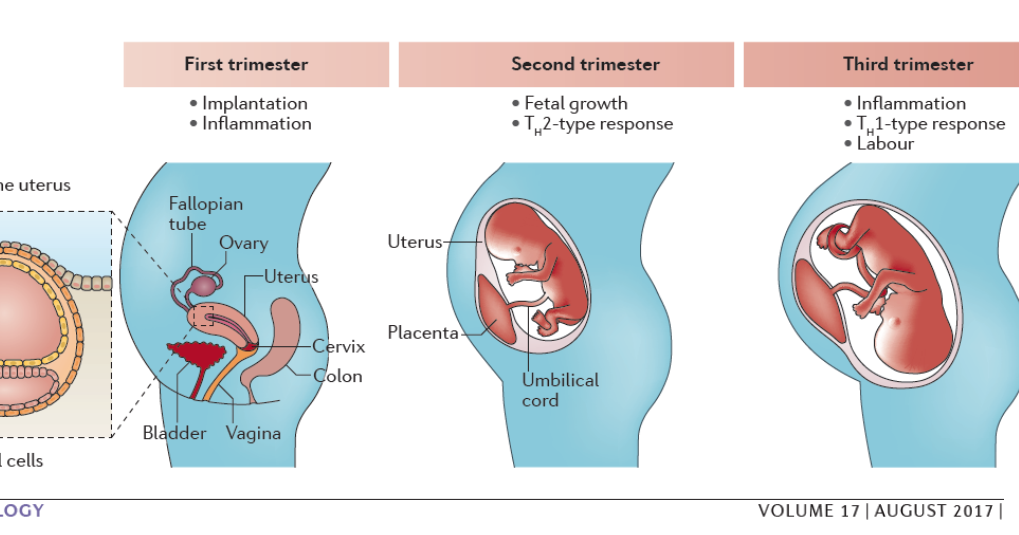 Also, do not forget that the embryo cannot process alcohol well due to an undeveloped liver (even if it has already formed). nine0003
Also, do not forget that the embryo cannot process alcohol well due to an undeveloped liver (even if it has already formed). nine0003
How much wine can you take during pregnancy?
In the third trimester, doctors sometimes even recommend drinking an incomplete glass of wine with meals. For example, to support pressure or to get rid of nausea. Of course, the product must be of high quality.
Which wine to choose?
Dry wines are said to be better than dessert wines because they contain less sugar. Red dry wines are preferred.
Sparkling drinks are also not recommended due to the high carbonation of the drink. nine0003
Some prefer non-alcoholic wines (about 0.5% alcohol).
Must be from natural products.
Use advice.
It is important to know that you must not drink warm wine! Such a drink is great in case of a cold, but not for a pregnant woman. Don't drink wine on an empty stomach. It is advisable to dilute the drink with water 50/50.
Don't drink wine on an empty stomach. It is advisable to dilute the drink with water 50/50.
Tell
Share
Viber
Share
Share
New comment
Sign in with
Submit
Is it possible to drink wine during pregnancy?
We will tell you about a study on wine consumption during pregnancy, and the choice is yours. Before we get to the experts, you must remember that the most important thing is to practice moderation in everything. Whether one glass will affect the pregnancy of a completely healthy woman - no, should you drink bottled wine during pregnancy - absolutely not. Most experts agree that the most important thing is balance. If you eat right, get enough rest, can have a glass or two of wine and stop there, you'll be fine. If you are having a complicated pregnancy and have health problems, then drinking wine is not the best idea. nine0003
Facts
We know that drinking too much alcohol during pregnancy can cause birth defects. But experts can't agree on what constitutes "excessive" drinking, and so drinking during pregnancy is completely prohibited. A recent study in Denmark indicates that a couple of glasses of wine can have a positive effect on a child's mental development. The following is a quote from a discussion of the study:
But experts can't agree on what constitutes "excessive" drinking, and so drinking during pregnancy is completely prohibited. A recent study in Denmark indicates that a couple of glasses of wine can have a positive effect on a child's mental development. The following is a quote from a discussion of the study:
Jani Niclasen analyzed data from the Danish National Register of Mothers, which summarized data on 37,000 women between 1996 and 2002. The women completed the survey three times at different times, and when their children reached the age of seven, the children completed a survey to assess their emotions and relationships.
Moms who drank wine in moderation did everything else right: they exercised or exercised regularly, they ate better, watched TV in small amounts, their weight-for-height index was normal, and they were more educated. nine0068
Professor Niklasen was surprised by her discovery: Children whose mothers consumed moderate amounts of alcohol during pregnancy (about 90 units of alcohol during pregnancy (about two glasses per week) performed better than children whose mothers did not drink alcohol at all.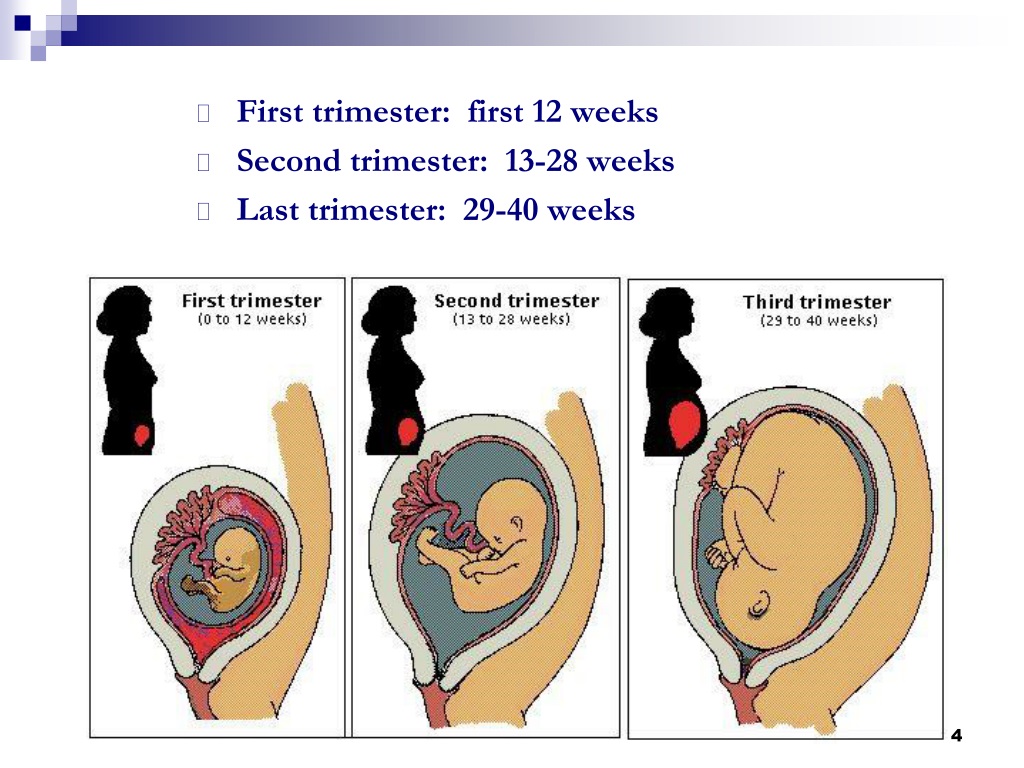
“ Non-drinking mothers scored the worst on all criteria. They were less educated, smoked more, did not play sports and watched a lot of TV ,” said the professor. nine0003
Moms who drank wine in moderation did everything else right: they exercised or exercised regularly, they ate better, watched TV in small amounts, their weight-for-height index was normal, and they were also more educated. Considering the factors mentioned above, which undoubtedly have a large impact on the development of the child, Niklasen realized that moderate alcohol consumption during pregnancy also has a small but positive effect on the development of the child.” nine0003
This discovery caused a lot of discussion. Jani Niklasen's full study and other publications on pregnancy and child development are available at
here . The study has been cited numerous times in the media due to the fact that the results of the study dispel some of the rumors about wine consumption during pregnancy.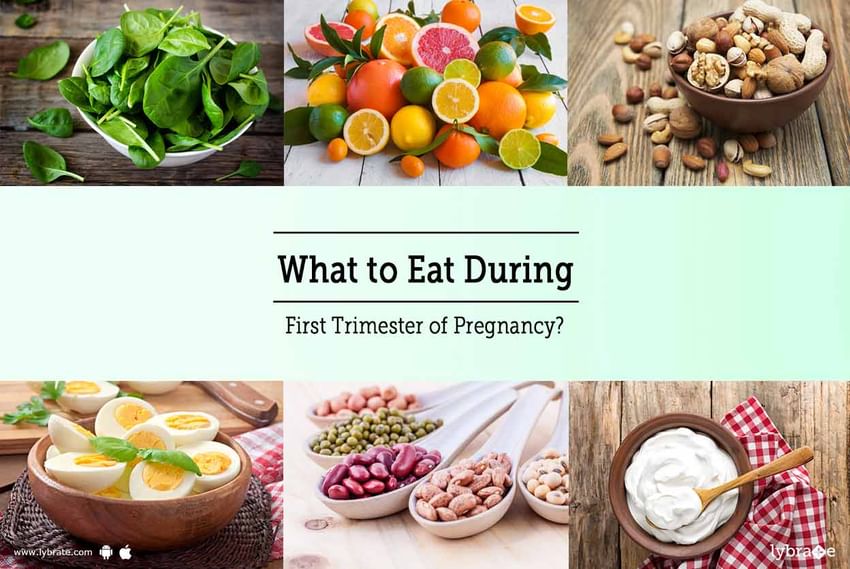
This is not the only study showing that a glass of wine during pregnancy does not adversely affect babies. The University of Bristol conducted a study of 7,000 preteens whose mothers admitted to drinking wine during pregnancy to test their sense of balance. According to the results of the study:
“ Low to moderate alcohol consumption does not affect a child's sense of balance ,” said Professor John Macleod of the School of Social and Community Medicine at the University of Bristol. Full results of the study are available here .
Other factors
We know that excessive drinking during pregnancy is strictly prohibited, but in order to understand if you can drink wine during pregnancy, the following factors should be considered:
- Week of pregnancy
- General health
- Volumes of alcohol consumption (before pregnancy)
The first trimester of pregnancy is the most important stage, so you should forget about wine and alcohol at this time. The closer the day of delivery, the more likely it is that one or two glasses of wine will not have a negative effect. In fact, wine can help you relax in the later stages of your pregnancy, which is good for your baby's development. Also, in order to answer the question about wine, it is very important to take into account your general health. If you suffer from any diseases or have health problems such as gestational diabetes, high blood pressure, etc., you should refrain from drinking alcohol. If you drank a couple of glasses of wine every night before pregnancy, then your body has a slight tolerance for wine, but if you did not drink wine before pregnancy, then you definitely should not start during pregnancy. nine0003
The closer the day of delivery, the more likely it is that one or two glasses of wine will not have a negative effect. In fact, wine can help you relax in the later stages of your pregnancy, which is good for your baby's development. Also, in order to answer the question about wine, it is very important to take into account your general health. If you suffer from any diseases or have health problems such as gestational diabetes, high blood pressure, etc., you should refrain from drinking alcohol. If you drank a couple of glasses of wine every night before pregnancy, then your body has a slight tolerance for wine, but if you did not drink wine before pregnancy, then you definitely should not start during pregnancy. nine0003
Your doctor will most likely also be against wine during pregnancy, but the reason for this is that doctors are afraid that some mothers may perceive permission to drink one glass of wine as permission to drink alcohol in large quantities. If you follow common sense and drink no more than one or two glasses a week, you and your child will be fine.